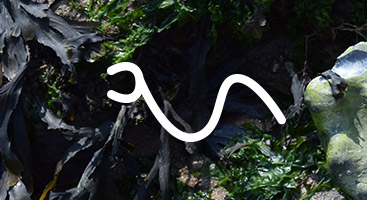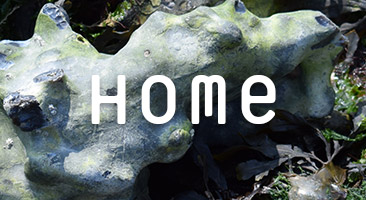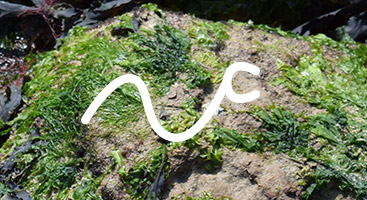The End of End Of.
Pronouncements surely rank high, and such is the declaration of the wholesale extinction that is gone for good. Last of the great spenders. Once in a silken trouser. Glass slippers at dawn. Bunions. Depletion also stalks the history of the lead pencil, from the discovery of graphite seams in Borrowdale to its demise in the era of Thoreau, sometime pencil smith, amidst the advent of factory implements. Despite being a most ingenious pencil smith, he never quite got around to the means of production, or father’s factory, perhaps because factories and ponds make such awkward symbioses, perhaps because he bemoaned arboricide. Even centuries after the last bit of graphite had been dug out of Borrowdale, there were songs scribbled in memory of the hand that works the stub till it is blunt. In its place come permanent markers, damaged white boards, sharpies and trace residues said to mark even geology. Unfolding the layers of human projection reveals a broken projector and a greyscale nostalgia for plots that could be spoilt. The ends of song make their come backs to suggest that all is not quite lost, just a little undone, go gentle into the rhetorical impasse. The singer shrugs off the responsibility for the grief stirred up by performance, the better to gather in the warmth of applause. Some hill with no name is no longer the scenery for romantic disappointments, birds on the wire, troubled coffee cups, no, it has become a beacon over the flood plain, the protagonist of the once and future ark. We count the days, but the calendar assures more than it sustains. There is graphite mixed with small quantities of gum and heavy metal under the finger nail, and the musical analogy passes from pun to Norse pastiche before admitting that the era of industrial metal has run out of steam. Hippo fossils dug out of the ground in Barrington, along with fragments of lion, tell of a different climate. There are plague pits across the city, but such compacted sites of cultural devastation are themselves read as biological archives. The Spartans withdrew to a safe distance to observe the funeral pyres of the plague in Athens, but now the Quatermass tendency is to dig a trench, deeper than it is wide, before engaging in trench warfare. Deep in the Mariana Trench there are songs of resistance to the bulldozer and the spade. The water pressure keeps out all but the glassiest eyes and yet, and yet, the very sign of trench as a proper noun summons intrepid humans in search of something new to end, a new note to end on. Who knows what the scientists will damage in the journey of discovery. The art of the human naming project lives on in pillow lava.



